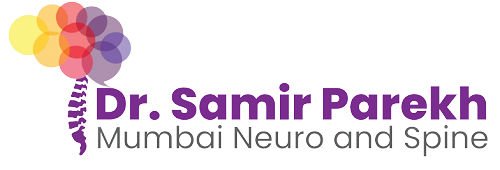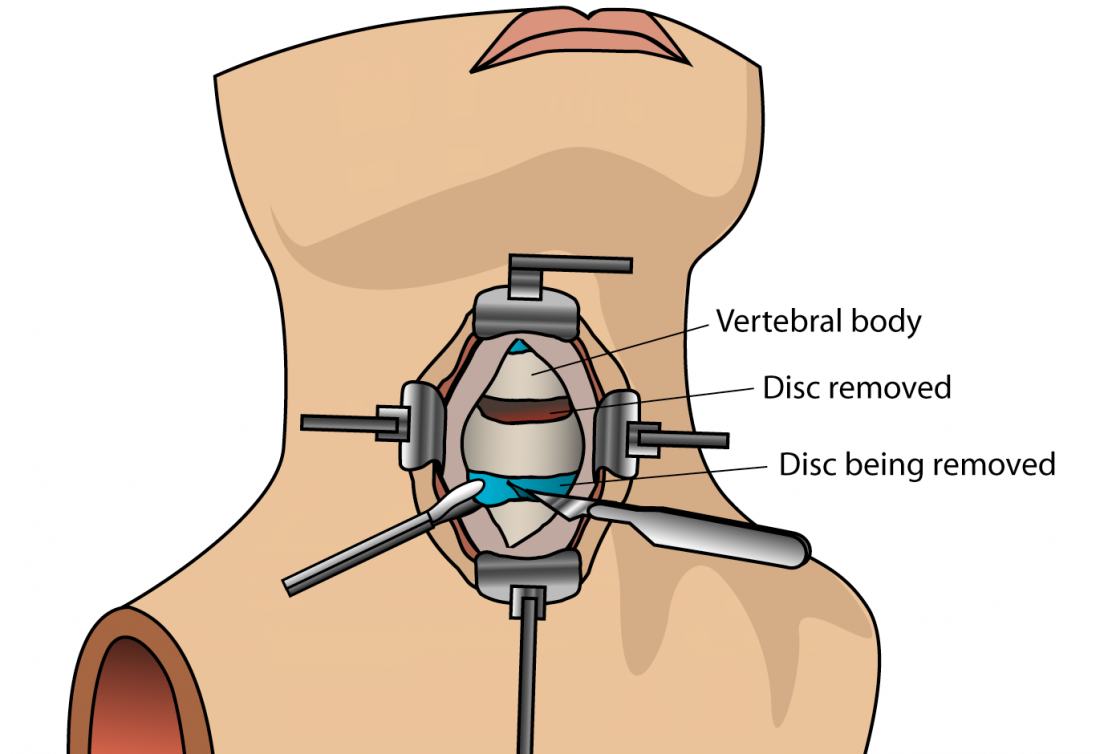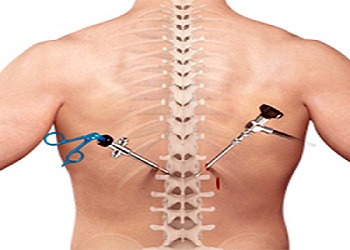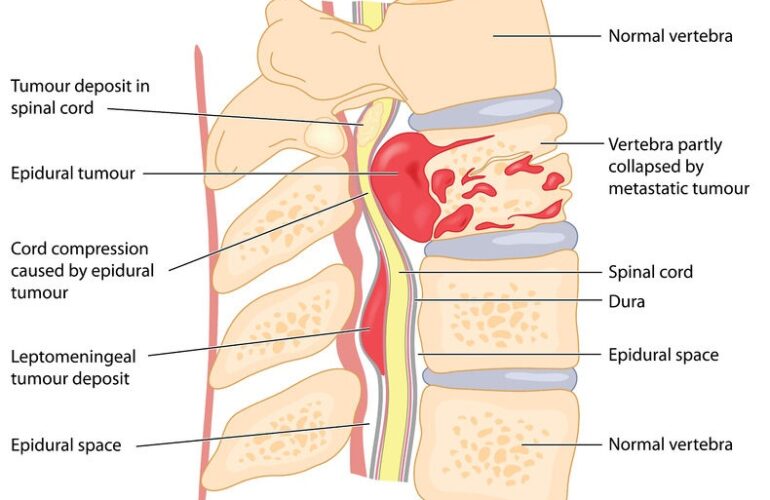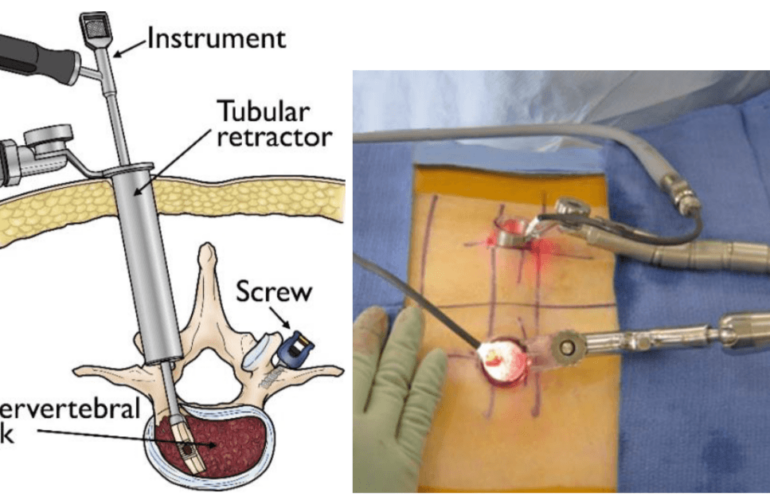Cervical Spine Surgery In Mumbai
Cervical Spondylosis
Neck pain or discomfort is a condition which plagues many people. Pain can be anywhere from the base of the head leading up to your shoulder. It can be in the form persistent pain or pain only on movement such as when turning your head from side to side. It can lead to immense discomfort and frustration to individuals because simple actions become painful.
The causes of neck pain are vast, because it can arise as a result of abnormalities in one of any structure which is present in the neck, including the muscles, the vertebrae, the intervertebral discs or the nerves. The commonest cause of neck pain is degenerative disc disease also called cervical spondylosis. Other causes include, muscles spasms or strains, intervertebral disc herniation, leading to canal stenosis and nerve compression. Trauma is another major cause of neck pain.
What is cervical spine surgery?
Cervical spine surgeries are surgical procedures which are performed in the region of the cervical spine in order to prevent catastrophic damage to the spinal cord which can have adverse consequences. It is usually carried out in order to relieve spinal cord or nerve compression/impingement, which is done through decompression surgery, and to correct spinal instability, which is done through spinal fusion surgery.
The commonest reasons why surgery is performed in the region of the cervical spine include:
The different surgical procedures can either be used alone or in combination, and the latter is most frequently done because decompression may lead to spinal instability. Fusion surgeries are often combined with instrumentation such as placement of plates to reconstruct the spine.
Who needs to undergo cervical spine surgery?
The biggest concern that most people have is, if the option of cervical spine surgery is the best option for them. And it’s true that two people who are suffering the same condition will have two different treatment options given to them. And this is because one person was a candidate for cervical spine surgery while the other was not. The factors which make you a good candidate for surgery include:
Under the above mentioned circumstances the outcomes of cervical spine surgery will be favorable. This is the reason you need to discuss all the possibilities with your doctor at length. Because he/she will be able to explain the procedure to you, reason out why surgery is a good option and help you understand the benefits of opting for surgery. This type of procedure has to have a multidisciplinary approach, and the team includes the neurosurgeon/orthopedic surgeon, who will be performing the surgery, assisted by radiologist, anesthetist and nurses.
How do I prepare for cervical spine surgery?
Preparing yourself for cervical spine surgery can be daunting, and there are a few preliminaries which you need to get done before you are ready for surgery. These include:
Once these aspects have been taken care of, you are ready for surgery.
What happens during the procedure?
What are the possible risks and complications of cervical spine surgery?
As with any major surgery cervical spine surgery also has its potential risks and complications, which include:
How successful is cervical spine surgery?
If the condition is not too complicated, then cervical spine surgery has excellent prognosis, and many people have benefitted from it. On the other hand there could be potential failures of surgery where there is failure to improve and instrument failure/breakage. MRI Cervical Spine and Xray Cervical spine (before surgery) are done to access the success of surgery. Sometimes once the surgeon opens you up he/she may decide that your condition cannot be surgically treated and decide not to go ahead with the planned procedure.
How do I recover from cervical spine surgery?
The recovery from cervical spine surgery depends on individual factors. Usually you will have a hospital stay of about 5-7 days, during which you will be introduced to a physical therapist, who will help you with mobility. Usually your doctor will ask you to walk unassisted the very next day following surgery although you will be asked to take things easy for about 4-6 weeks following surgery. Follow-up investigations such as X-rays and other imaging studies will be done in order to determine the success of surgery.
How can I prevent conditions which cause neck pain?
Spine health is an important aspect of our wellbeing, because it is our spine which is bearing the entire weight of out body. Ways by which you can prevent the development of conditions which can lead to cervical spine surgery include:
